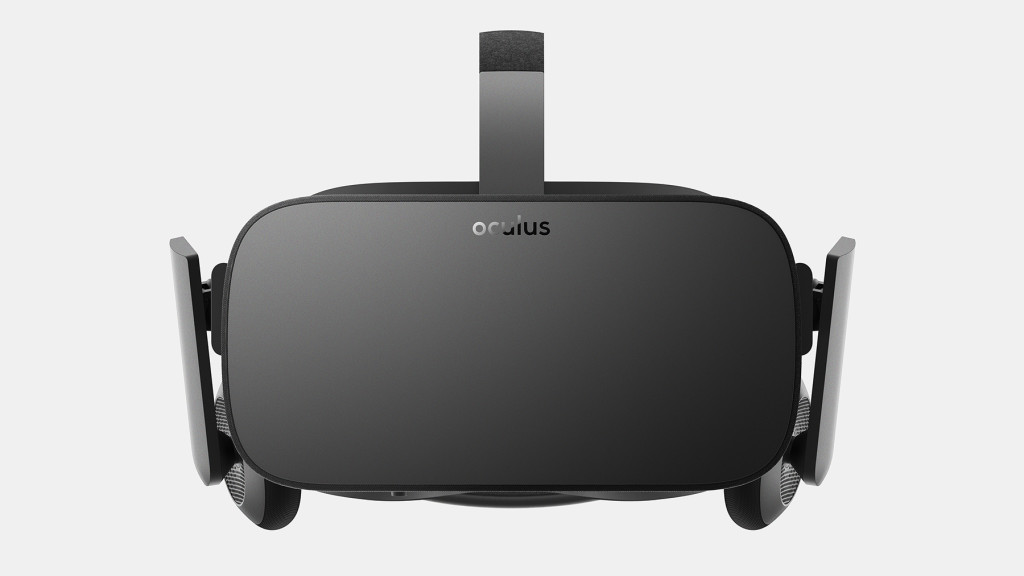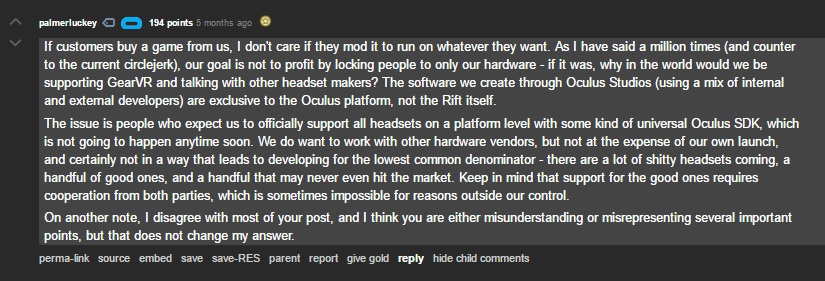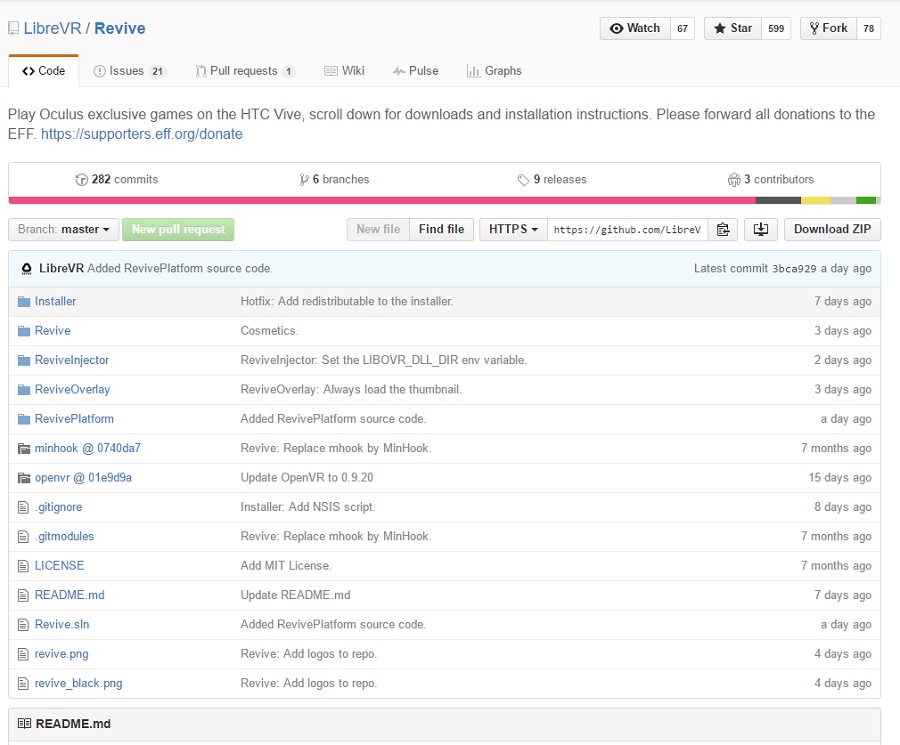Prior to a recent update, owners of the HTC Vive headset are able to utilise Oculus software through a fan-made patch called Revive. This is no longer the case as a recent update has blocked the Revive patch, which means that the HTC Vive can no longer utilise Oculus software.
First reported on reddit, the Oculus App 1.4 updates comes with a few changes. One of this changes mentioned that the Oculus App has received an update to its “platform integrity checks”. This particular change is assumed to be the main culprit as to why Revive can no longer work with Oculus software.
When asked about the update, Oculus spokesperson Jim Redner told Ars Technica that the “platform integrity checks” are meant to “curb piracy and protect games and apps that developers have worked so hard to make.” Redner further states that the update wasn’t targeted at a specific hack and claimed that the entitlement check’s functionality is common in commerce platforms that validates a user has purchased a piece of software. The Revive team thinks differently of course, as they believe that the update isn’t checking for legitimate software purchases, it was checking for whether or not an Oculus hardware is connected.
Now though, reports are coming in that not only have the team in charge of Revive managed to workaround the new update, the new update has somehow managed to make pirating Oculus software even easier. According to a Revive developer known as Libre VR, the injection technique used by the latest version of Revive is able to bypass the Oculus’ ownership check altogether, which means that the system can no longer determine whether or not you llegitimately own the game. Libre VR has since stated that it wasn’t his intention to enable piracy on the Oculus and has said that he’ll implement a workaround that doesn’t disable the ownership check if such an option is available.
Source: Reddit, Ars Technica, Motherboard




